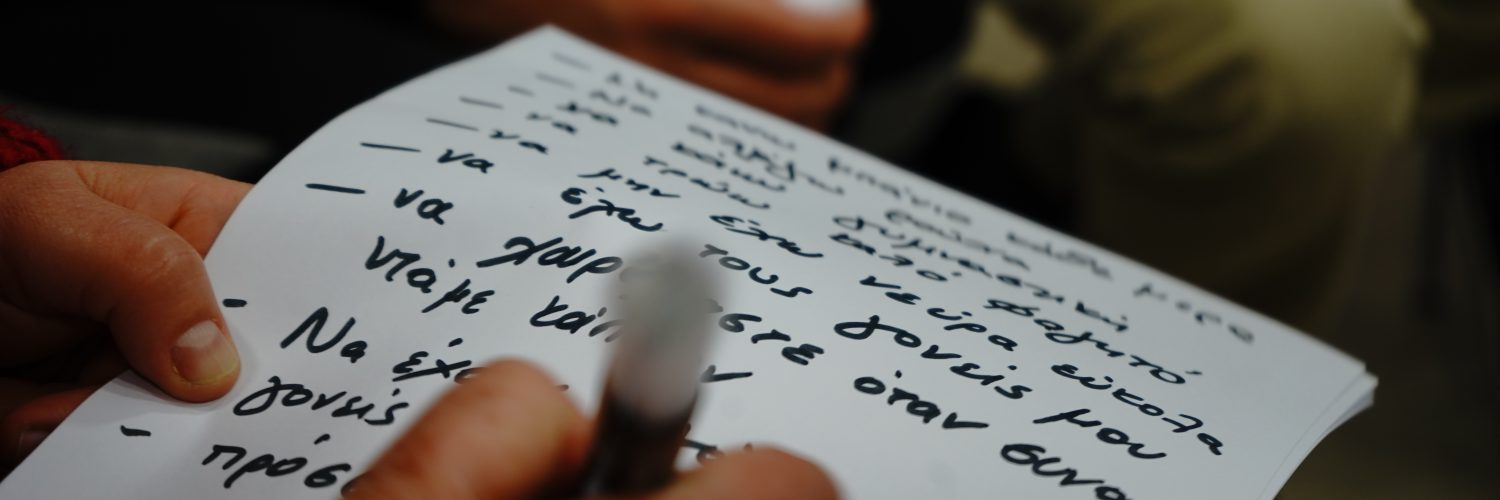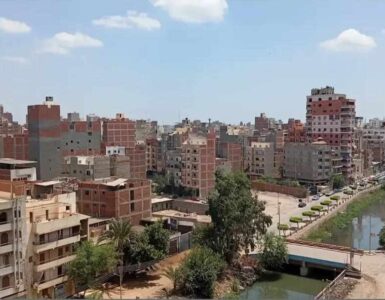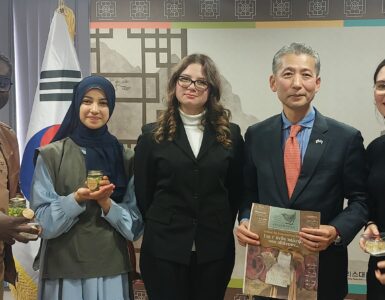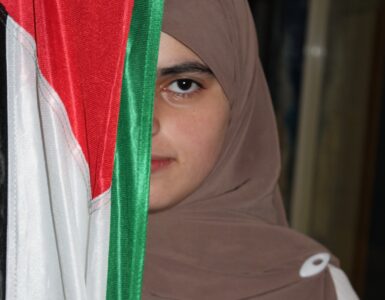The Special Secretary for the Protection of Unaccompanied Minors of the Ministry of Immigration and Asylum, Iraklis Moskof, responds to the “Migratory Birds” about the Convention on the Rights of the Child, its importance, but also the actions organised for its promotion in the light of the his institutional role.
Do you think that since the adoption of the International Convention on the Rights of the Child until today, progress has been made? If so, where do you mainly find it?
The International Convention on the Rights of the Child was passed in 1989 and three years later (in 1992) it was also ratified by Greece. It was incorporated into its internal law and has since become a State Law with immediate effect and application (N2101/92).19′ with the aim of defending the rights of children.
The Convention is widely accepted internationally and includes a full range of rights that we must offer to children (economic, social, cultural, individual and political).
Today, more than 30 years after the adoption of the Convention, we can say that major progress has been made. The steps that have been taken are essentially related both to the response to the needs of vulnerable children, as well as to the observance of our country’s commitments, regarding the international conventions concerning the defense of human rights and especially the rights of the child.
Through which actions and initiatives does the Special Secretariat for the Protection of Unaccompanied Minors of the Ministry of Immigration and Asylum put the child in the foreground?
In the challenges of our times, the main priority of the Special Secretariat for the Protection of Unaccompanied Minors of the Ministry of Immigration and Asylum remains the protection of unaccompanied minors in the country. The Special Secretariat for the Protection of Unaccompanied Minors, established in February 2020, is a competent authority for the protection of unaccompanied minors.
A strategic objective is the planning, implementation and supervision of the National Strategy for the protection of unaccompanied minors, as well as other policies and interventions to ensure the protection of unaccompanied and separated minors who are third-country nationals or stateless persons who are in the Hellas.
As each child’s particular cultural identity is formed at a young age, it is important to create a framework that promotes and nurtures free expression.
Should the child be considered an active member of society or a “passive receiver” until adulthood? Do you want to give us an insight into the actions being implemented?
The child, as a citizen-in-the-making of a democratic society, is entitled to have equal access to the social processes that are implemented, through the concept of participation and respect for diversity.
The programs and actions of the NPAA follow the Convention on the rights of the child through the framework of various good practices that are implemented. Among others, a number of programs are taking place, such as the Voluntary Relocation program, where 1,285 unaccompanied children have been safely relocated to other EU Member States.
At the same time, the EPPO coordinates the National Emergency Response Mechanism that it implements together with (UNHCR GREECE), with co-financing from the European Union (European Commission in Greece). The program is carried out in collaboration with IOM Greece and the organizations Network for Children’s Rights, ARSIS – Association for the Social Support of Youth. Its main objective is to identify and protect unaccompanied children who are in precarious living conditions.
– Through the “Mentorship” action, members of the community, children who have come to Greece as unaccompanied minors guide unaccompanied teenagers who are looking for the path to integration and stay in long-term hospitality structures, based on their own experience and their experiences.
The six mentors are former unaccompanied minors and members of the refugee community, who by their example provide guidance and support to unaccompanied children currently living in Greece in reception centers and supervised apartments. The “Mentorship” action is implemented with the support and funding of the EU Agency for Asylum – EUAA and is coordinated by the Special Secretariat for the Protection of Unaccompanied Minors of the Ministry of Immigration and Asylum.
The network of teenagers is an initiative that highlights the importance of freedom of expression and opinion, but also a channel of communication for unaccompanied children who are approaching adulthood, for issues that concern them from everyday life to social integration.
With the active participation of children, the voluntary youth network addresses teenagers living in shelters and supervised semi-independent living apartments (SIL) throughout Greece.
What are the reactions of the children themselves through their participation in these actions?
“Through the network, you give us the opportunity to express our own opinions and to have our voices heard, on issues such as gender equality and our rights”, say the unaccompanied minors.
How is the information of adults about children’s rights promoted?
In order to promote information and awareness of issues related to the rights of unaccompanied minors, the Integration and Support Unit of the EPA holds workshops for the teachers of the structures.
More specifically, a series of workshops are organized with teachers of the structures, starting with the Convention on the Rights of the Child. The teachers in turn organize corresponding workshops with Unaccompanied Minors. In the same way, an Exhibition of the works of Unaccompanied Minors was held in Tritsis Park where, in collaboration with the Network for the Rights of the Child, they were held until June, together with schools in the area where Greek students had the opportunity to raise awareness of the rights of refugee children .









Add comment